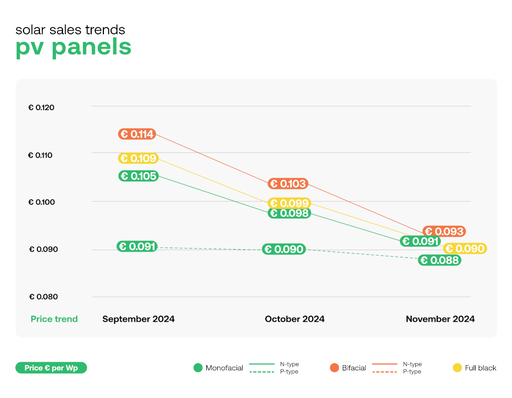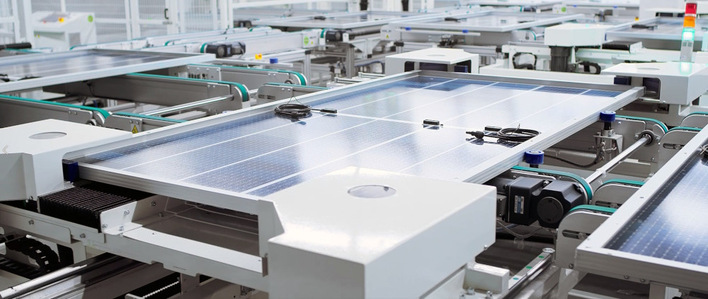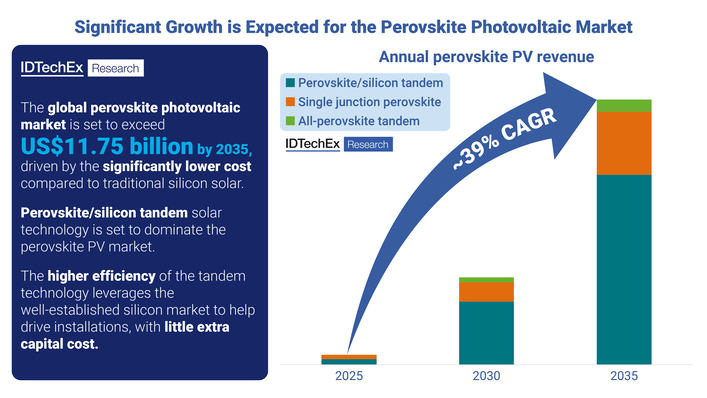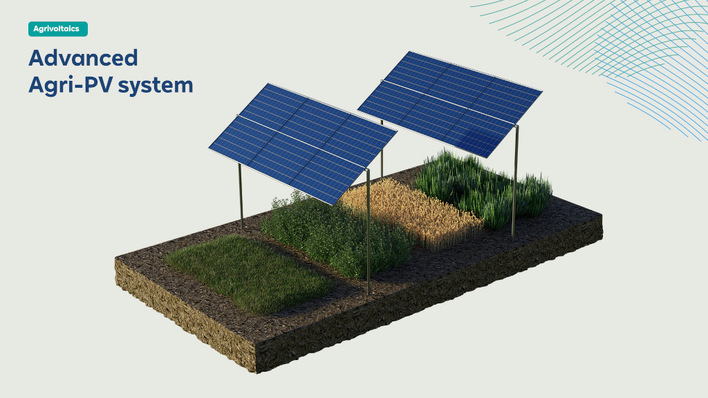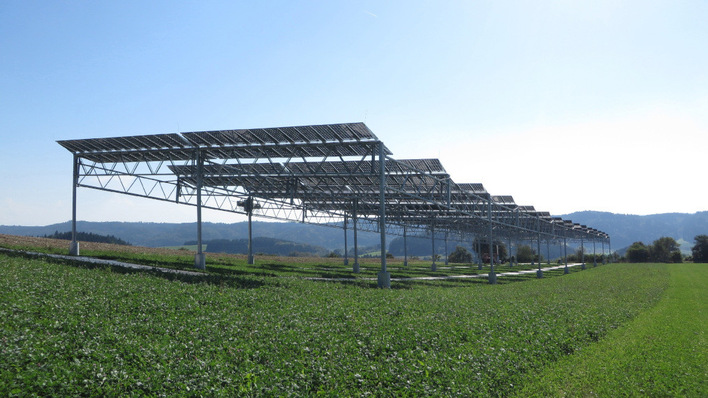The project features AIKO’s NEOSTAR 1S modules with a capacity of 41.4 kW. This installation not only enhances the farm’s energy independence but also helps reduce its carbon footprint by an estimated 1,638 kg of CO2 per year.
Motivation for solar energy
Finca La Calabaza’s decision to adopt solar energy was driven by the desire to minimize environmental impact and lower operational costs. As farm owner Estebana María Cabrera noted: “We opted for solar energy to minimize pollution and reduce the energy bill. In Fuerteventura, we have many hours of sunlight that we must take advantage of to minimize environmental impact by implementing solar system installations.” By leveraging Fuerteventura’s abundant sunlight in combination with AIKO’s advanced technology, the farm has successfully met its sustainability goals.
Choosing n-type ABC modules
The decision to use AIKO’s N-Type ABC modules was rooted in the farm’s clear objectives—cutting energy costs, increasing energy independence, and promoting environmental sustainability. Estebana María Cabrera praised the modules’ performance: “We opted for AIKO modules due to their advanced technology and reputation for performance and durability. The installation has allowed us to achieve significant energy savings and improve the farm's operational efficiency.”
Efficiency and energy production
With eighty modules, AIKO achieves an output of 36 kW, compared to 34.4 kW from competing TOPCon modules in the same area. Additionally, for the same power capacity of 36 kW, AIKO requires only 80 modules, while TOPCon requires 84 module, according to the company.
In terms of energy output, AIKO’s modules perform with an expected 69,676 kWh produced in the first year, compared to 65,319 kWh from TOPCon, the company claims. Over a 30-year lifespan, AIKO is projected to generate 1,987,589 kWh, a 7.43 % increase in energy production over competing technologies, the company claims.This boost in energy generation would provide long-term value for the farm and contributes to a stable, sustainable energy supply, according to AIKO.
Cost savings and financial return
The financial advantages of AIKO’s modules would be equally compelling, AIKO claims. Over the system’s lifespan, Finca La Calabaza is projected to generate € 226,585 in revenue, surpassing the € 210,907 estimated for TOPCon. Additionally, the payback period for AIKO’s system is estimated at 3.81 years, compared to 4.02 years for TOPCon, allowing the farm to realize cost savings sooner.
Join Energy Decentral: Meet farmers at Spotlight Solar in Hanover
Beyond reducing energy costs, the farm has benefited from a lower Levelized Cost of Electricity (LCOE), further optimizing long-term financial returns.
Reliability and durability in harsh conditions
Fuerteventura’s harsh environment, with its frequent dust and sandstorms, demands robust solar technology. AIKO’s N-Type ABC modules have proven to be highly durable and reliable in these conditions. As Hector Henrique Sandes, CEO of Canarias Autosostenible, highlighted: “The AIKO modules have exceeded our expectations in terms of performance. Energy production has been consistent and reliable, even in variable weather conditions, giving us great peace of mind.”
Flawless installation and continuous support
The success of the installation was bolstered by the service provided by Canarias Autosostenible. From the project’s inception to post-installation, their attention to detail ensured that the system was tailored to the farm’s specific needs.
The technical support and warranty offered by AIKO would have further solidified Finca La Calabaza’s confidence in the long-term performance of the solar system, the company claims.
Also interesting: Agri-PV park with PPA and more biodiversity
With the success of this project, Finca La Calabaza is already planning future expansions of its solar facilities. Estebana María Cabrera affirmed: “We are excited about future expansions of our solar facilities“ (hcn)




